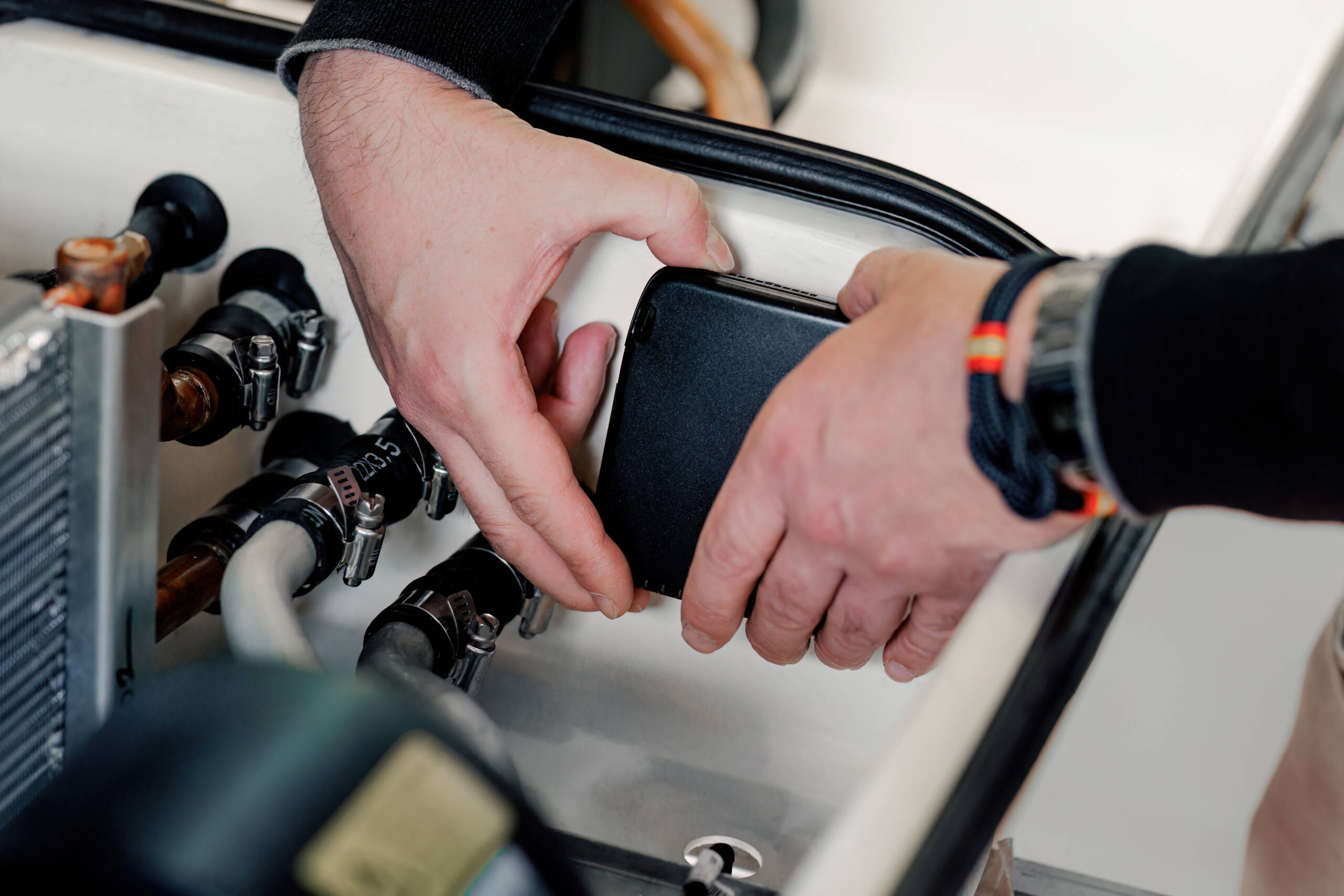
Eberspaecher Launches New Propane Bus AC Portfolio
The increasing number of regulatory requirements means that climate-friendly refrigerant solutions are needed for thermal management. At Busworld Europe 2025, Eberspaecher will be the first manufacturer to present propane solutions for buses, showcasing its two roof-mounted systems: the AC135 and AC138 EVO. These systems are available as standard equipment and for retrofitting diesel vehicles.
In the future, legal requirements will have a significant influence on the choice of refrigerant for thermal management in buses. The EU F-Gas Regulation is gradually phasing out the use of environmentally harmful refrigerants in air-conditioning systems. The agreement was signed by 170 nations with the aim of significantly reducing emissions that damage the climate. Since March 2024, only 25 percent of the previous quantities may be used in Europe – by 2030, the quota will drop to five percent. 
This directive applies to both new registrations and existing vehicle fleets. Meanwhile, politicians and legislators are pressing ahead with plans to ban PFAS (per- and polyfluoroalkyl substances), which are non-degradable and harmful to health. Therefore, the use of fluorinated refrigerants will be banned in the future.

Eberspaecher provides practical solutions to this problem. The models of the product family AC135 and AC138 EVO will in future use the natural refrigerant propane (R290) for air conditioning the passenger compartments of city buses. R290 has a very low global warming potential (GWP ~3), making it more sustainable than synthetic refrigerants. It covers a wide temperature range from around -15 to +55 degrees in heating and cooling mode and is particularly suitable for applications in warm climates – also in heat pump mode. Eberspaecher offers heat management systems with CO₂ (R744) as an alternative natural refrigerant for cooler climates. The product portfolio therefore includes environmentally friendly air-conditioning systems for use in all regions worldwide.
Thanks to the direct AC system of the AC135 family, customers can easily switch from synthetic to natural refrigerants: the interface, dimensions, and controls remain identical in the propane version. This makes integration into existing vehicle platforms, especially hybrid and battery-electric buses, easy.
Direct system setup for greater efficiency
A key advantage of the AC135 family and the AC138 EVO is their direct system setup. The refrigerant flows directly through the air-conditioning system, bypassing the need for an additional heat exchanger to transfer the cold to a secondary medium. This reduces the number of components, weight, and energy losses, enabling maximum efficiency with minimum space requirements. To ensure the safe use of propane, Eberspaecher follows a proven safety concept from the railway industry: Targeted sealing and ventilation measures prevent refrigerant from entering critical areas of the vehicle in the unlikely event of a leak.
Solutions for diesel buses
A particular highlight of the portfolio is the unique market concept for diesel buses. Eberspaecher can equip both new and existing vehicles with air-conditioning systems that use natural refrigerants. Propane and CO₂ are not compatible with conventional mechanically driven compressors. Therefore, the use of natural refrigerants has not been technically feasible to date. Eberspaecher has partnered with an external company to develop a solution that uses a generator to produce the electrical output required to drive an electric compressor. This means that the system allows diesel buses to be retrofitted with CO₂ or propane-based air-conditioning systems for the first time.
With the aim of converting the entire climate control system to natural refrigerants in the future, the thermal management experts are already working on suitable roof-mounted systems for the driver’s cab.
Digital control and smart service functions
Eberspaecher’s AC135 product family and AC138 EVO model are equipped with the E-Control control module, a key component that ensures seamless integration and maximum user-friendliness within digital service processes. It brings together all of the vehicle’s thermal management functions in one central operating element. The E-Control system can be seamlessly integrated into existing automotive systems via a CAN interface. Operators have access to comprehensive digital services via the cloud-based service platform e-connected, including over-the-air software updates and real-time monitoring of entire fleets. Maintenance measures can be planned in a purposeful manner based on the current status of the system and its performance data to avoid failures.

